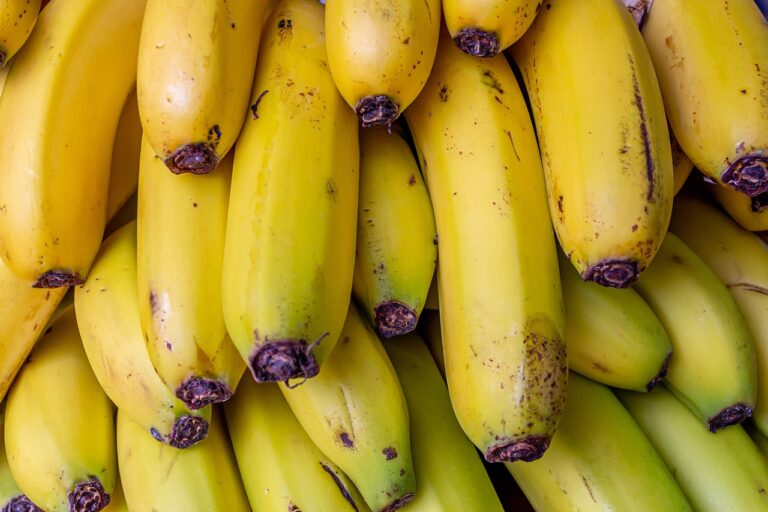Pharmacogenomics in Marine Conservation: Personalized Approaches to Ocean Health: Bet book 247 sign up, Radhe exchange app download, Bethub777
bet book 247 sign up, radhe exchange app download, bethub777: Pharmacogenomics in Marine Conservation: Personalized Approaches to Ocean Health
As our oceans face increasing threats from pollution, overfishing, and climate change, innovative approaches are needed to protect marine life and preserve the health of our seas. One promising field that has the potential to revolutionize marine conservation is pharmacogenomics. By using genetic information to tailor conservation efforts to specific species and populations, pharmacogenomics offers personalized approaches to improving ocean health.
What is pharmacogenomics?
Pharmacogenomics is the study of how an individual’s genetic makeup influences their response to drugs or other substances. In the context of marine conservation, pharmacogenomics involves using genetic information to understand how different species and populations are affected by environmental stressors and to develop targeted interventions to protect them.
How can pharmacogenomics help in marine conservation?
Pharmacogenomics can help in marine conservation in several ways:
1. Targeted conservation strategies: By understanding the genetic diversity within and between populations of marine species, conservationists can develop targeted strategies to protect vulnerable populations and ensure their long-term survival.
2. Monitoring and assessment: Pharmacogenomics can be used to monitor the health of marine populations and assess the impact of environmental stressors, such as pollution or climate change. This information can help guide conservation efforts and prioritize areas for protection.
3. Drug development: Pharmacogenomics can also inform the development of new drugs and treatments for marine species that are threatened by disease or other challenges. By understanding how genetic variations influence response to treatments, researchers can develop more effective interventions to support population recovery.
4. Resilience to environmental stress: By identifying genetic markers that confer resilience to environmental stressors, such as temperature changes or pollution, conservationists can identify individuals or populations that are better equipped to survive in changing environments and prioritize their protection.
5. Collaboration and data sharing: Pharmacogenomics encourages collaboration between scientists, conservationists, and policymakers to share genetic data and develop standardized approaches to marine conservation. This collaborative effort can lead to more effective conservation strategies that benefit a broader range of species and ecosystems.
In conclusion, pharmacogenomics offers exciting opportunities for personalized approaches to marine conservation that can help protect the health and diversity of our oceans. By using genetic information to tailor interventions to specific species and populations, we can work towards a more sustainable future for marine life and the health of our seas.
FAQs
Q: How is genetic information collected from marine species?
A: Genetic information can be collected from tissue samples, such as skin or muscle, or from non-invasive methods like collecting skin or fecal samples.
Q: How is genetic data used to inform conservation efforts?
A: Genetic data can be used to understand population structure, genetic diversity, and relatedness between individuals, which can inform conservation strategies and prioritize action.
Q: Are there any ethical concerns related to pharmacogenomics in marine conservation?
A: Ethical concerns related to pharmacogenomics in marine conservation include issues around data sharing, informed consent, and potential impacts on wild populations. These concerns must be carefully considered and addressed in any research or conservation initiatives.







